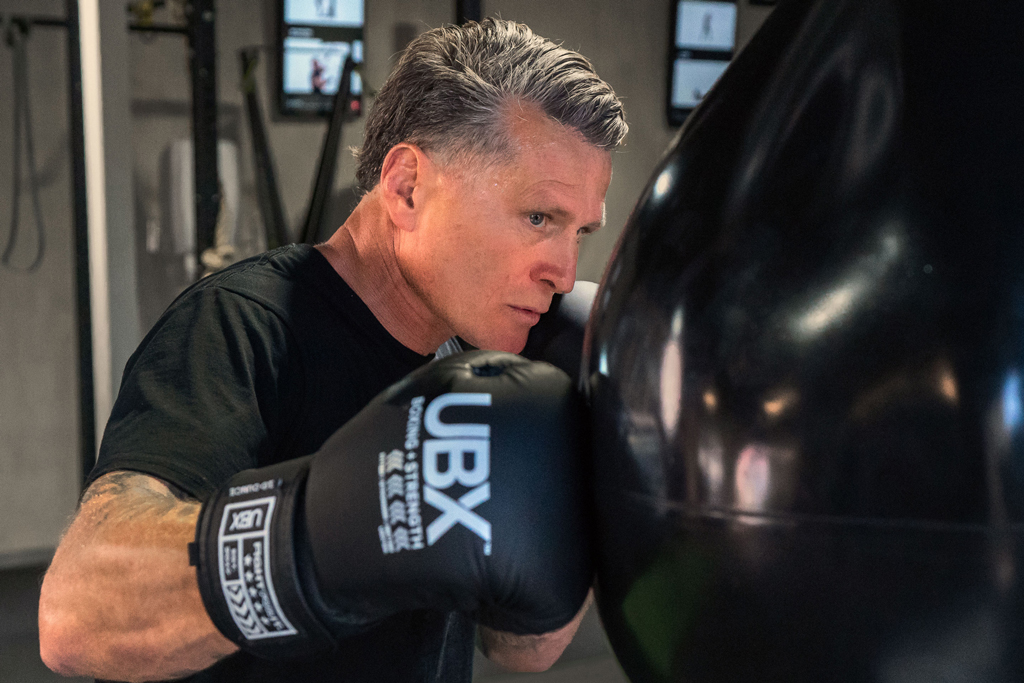When it comes to hydration, it is important to understand that water is absolutely vital for life. Without water, we as humans cannot function.
We often underestimate the importance of water in our diet, yet it is essential for optimising our body function and can improve the recovery of muscles and damaged tissues. The need for water far surpasses the need for any other nutrient.
Water makes up about 60% of the adult humans body weight, depending on the individual and their lean body mass. It assists us with the transportation of nutrients and waste products, regulates body temperature, serves as a shock absorber by lubricating and cushioning our joints, is a solvent for minerals, vitamins and macronutrients and helps to participate in a plethora of biochemical reactions in the body.
If the body loses too much water, its wellbeing and performance will be compromised.
During physical activity and movement, the body loses water via sweat and through breathing (via vapour). Dehydration can cause the cells to shrink which can lead to abnormal cell functioning, often the first symptom to be shown will be fatigue.
Hydrating the body adequately will allow for greater concentration, short term memory and alertness and will aid with greater body functionality and recovery. It is very easy to overlook the initial symptoms of dehydration, yet body cues are important to address. (Eg. The feeling of dryness in the mouth is one of the initial signs of dehydration).
Dehydration
For regular exercisers and those of us who are regularly in the gym, maintaining a constant supply of water is essential to our performance. Our athletic performance, coordination and rate of muscle fatigue are all directly affected by dehydration. When our body is in a dehydrated state, we are less able to cool ourselves down and are more susceptible to develop muscle cramps and heat exhaustion.
In an average individual, a water loss of just over 2% of body weight, can reduce a person’s ability to do muscular work, can impair physiological responses and overall performance. Since our aim is to have quality training sessions, it is imperative that we understand our body’s water requirements and implement them accordingly.
FACT //If an individual loses only 7% of their body weight in water, they are likely to collapse.
Keep your hydration up! It is so important.
How much fluid do we need?
Water needs vary depending on the individual, their activity level, diet, gender and their environment (humidity/temperature).
The most recent data shows that excluding exercise, the adequate intake for total water for a male is 3.4L/day and for a female is 2.8L/day. Total water intake includes water and the water in foods. However, when considering your training sessions, your water intake varies dependent on the intensity of your exercise and rate of sweat loss. Extra water should be consumed to replace fluid loss for each hour of training. Strenuous physical activity and heat stress can increase the individuals water needs therefore adding electrolytes or salt to your water will help with retention. Electrolytes such as sodium, chloride and potassium also play a vital role in controlling and maintaining our bodies fluid balance by helping the body to prevent dehydration. Electrolytes also ensure that your nerves, muscles, heart and brain work optimally.
STAY HYDRATED!








